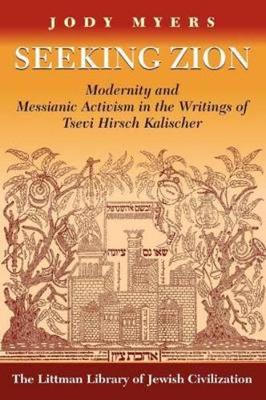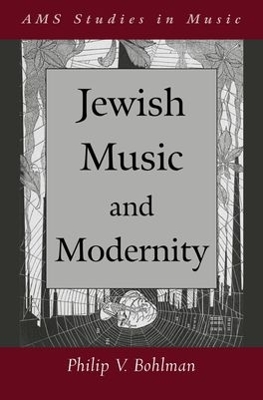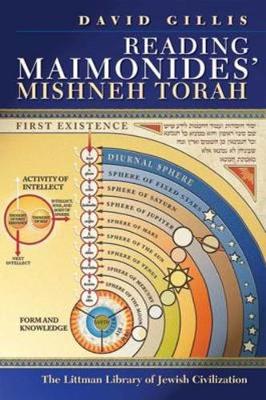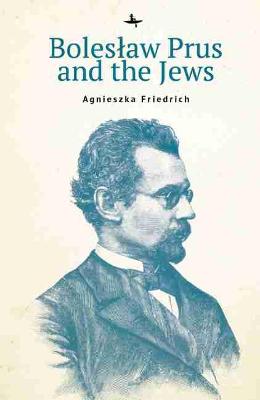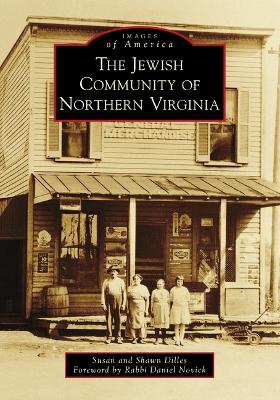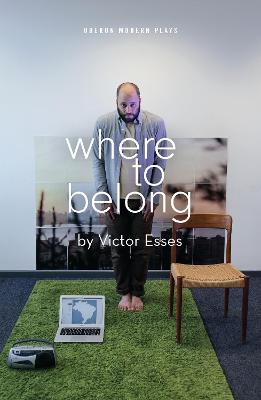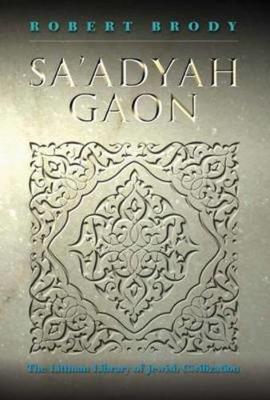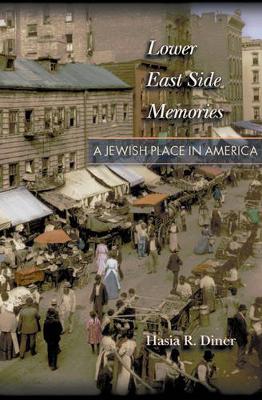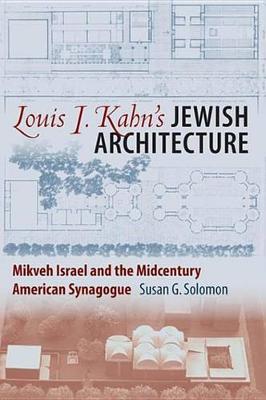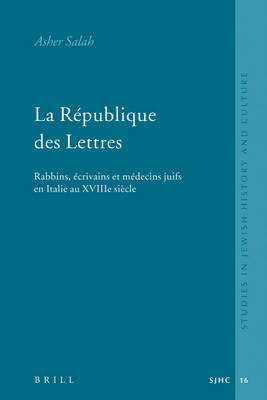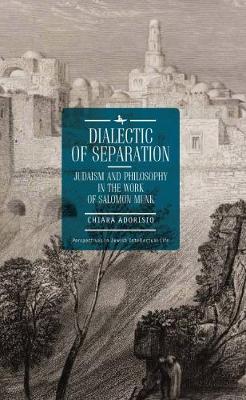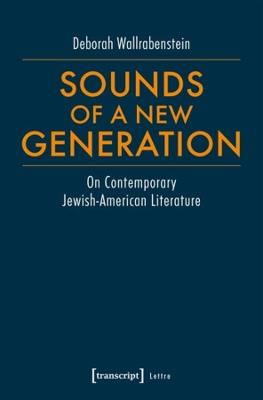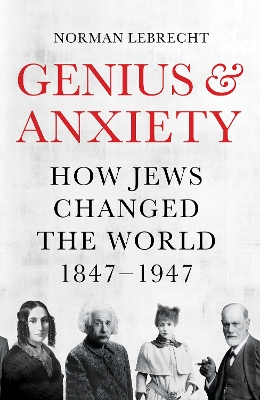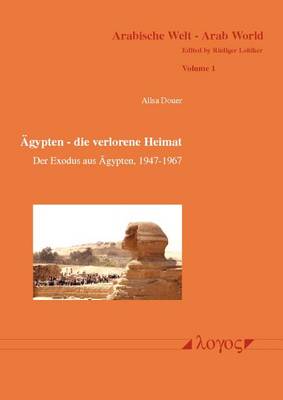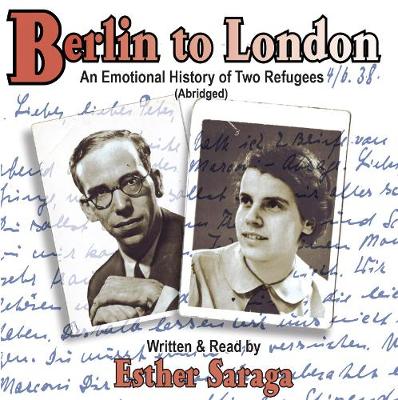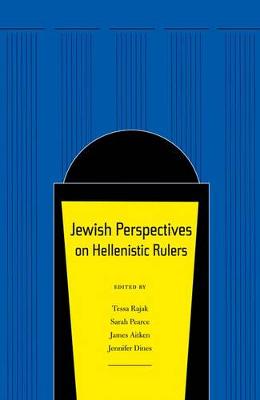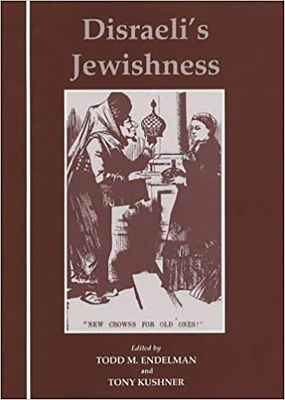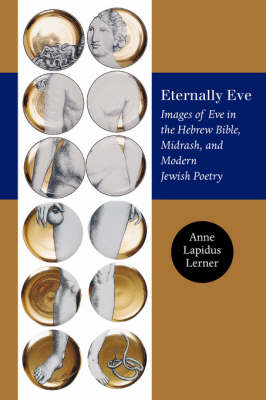Tsevi Hirsch Kalischer (1795-1874) was one of the first Orthodox rabbis to advocate direct political action in order to radically transform Jewish life. Kalischer lived in a time when Jewish tradition was increasingly challenged by rational thought and social integration. Applying his knowledge of rabbinic literature to the unusual historical events unfolding around him, he became convinced that behind the rise of individual Jews to great power was a divine plan to prepare the way for messianic...
Jewish Music and Modernity (AMS Studies in Music)
by Philip V. Bohlman
Is there really such a thing as Jewish music? And how does it survive as a practice of worship and cultural expression even in the face of the many brutal aesthetic and political challenges of modernity? In Jewish Music and Modernity, Philip V. Bohlman imparts these questions with a new light that transforms the very historiography of Jewish culture in modernity. Based on decades of fieldwork and archival study throughout the world, Bohlman intensively examines the many ways in which music ha...
Die Responsen als Spiegel der judischen Geschichte (Lucas-Preis, #1996)
by Nathan P Levinson and Pnina Nave-Levinson
Reading Maimonides' Mishneh Torah (The Littman Library of Jewish Civilization)
by David Gillis
In this highly original study, David Gillis demonstrates that the Mishneh torah, Maimonides' code of Jewish law, has the structure of a microcosm. Through this symbolic form, Maimonides presents the law as designed to perfect the individual and society by shaping them in the image of the divinely created cosmic order. The commandments of the law thereby bring human beings closer to fulfilling their ultimate purpose, knowledge of God. This symbolism turns the Mishneh torah into an object of conte...
Boleslaw Prus and the Jews shows the complexity of the so-called "Jewish question" in nineteenth-century Congress Poland and especially its significance in Prus' social concept reflected in his extensive body of journalistic work, fiction, and treatises. The book traces Prus' evolving worldview toward Jews, from his support of the Assimilation Program in his early years to his eventual support of Zionism. These contrasting ideas show us the complexity of the discourse on Jewish issues from the i...
Speaking the Unspeakable in Postwar Germany (Signale: Modern German Letters, Cultures, and Thought)
by Sonja Boos
Speaking the Unspeakable in Postwar Germany is an interdisciplinary study of a diverse set of public speeches given by major literary and cultural figures in the 1950s and 1960s. Through close readings of canonical speeches by Hannah Arendt, Theodor W. Adorno, Ingeborg Bachmann, Martin Buber, Paul Celan, Uwe Johnson, Peter Szondi, and Peter Weiss, Sonja Boos demonstrates that these speakers both facilitated and subverted the construction of a public discourse about the Holocaust in postwar West...
The Jewish Community of Northern Virginia (Images of America)
by Susan Dilles and Shawn Dilles
What makes a home for you? _x000D_ Victor Esses is Jewish-Lebanese, Brazilian, and gay. In 1975, Victor's mother flees Lebanon as a refugee of the Civil War. In 2017, Victor visits Lebanon for the first time. In 2018, amidst the elections that will see Brazil choose a far-right president, he travels from London to Sao Paulo to show his partner the city of his childhood. _x000D_ Where to Belong is the tender, moving story of these journeys - an exploration of how to find your place in a ric...
Sa'adyah Gaon was an outstanding tenth-century Jewish thinker-a prominent rabbi, philosopher, and exegete. He was a pioneer in the fields in which he toiled, and was an inspiration and basis for later Jewish writing in all these areas. The last major English-language study of his work was published in 1921, long before Genizah research changed the understanding of the time in which he lived. Robert Brody's masterly work, covering Sa'adyah's biography and his main areas of creativity in an access...
Manhattan's Lower East Side stands for Jewish experience in America. With the possible exception of African-Americans and Harlem, no ethnic group has been so thoroughly understood and imagined through a particular chunk of space. Despite the fact that most American Jews have never set foot there - and many come from families that did not immigrate through New York much less reside on Hester or Delancey Streets - the Lower East Side was the place where life pulsated, bread tasted better, relation...
Voices of History Israel: A Country with Its Institutions (Voices of History Israel, #3)
by Shlomo Goren, Abba Eban, Avraham Harman, Moshe Landau, Kalman Mann, Zvi Kaspi, Nahum Pessin, Sister Selma, and Meyer W Weisgal
Louis I. Kahn's Jewish Architecture (Brandeis Series in American Jewish History, Culture, and Lif)
by Susan G. Solomon
In 1961, famed architect Louis I. Kahn (1901-1974) received a commission to design a new synagogue. His client was one of the oldest Sephardic Orthodox congregations in the United States: Philadelphia's Mikveh Israel. Due to the loss of financial backing, Kahn's plans were never realized. Nevertheless, the haunting and imaginative schemes for Mikveh Israel remain among Kahn's most revered designs. Susan G. Solomon uses Kahn's designs for Mikveh Israel as a lens through which to examine the tran...
La Republique des Lettres (Studies in Jewish History and Culture, #16)
by Asher Salah
This volume is a reference book on more than a thousand Jewish writers-rabbis, physicians and laymen-active in 18th-century Italy. Each author has a biographical notice, followed by a list of his printed works and manuscripts, their location in the major international judaica collections and a bibliography of the relevant secondary sources. The book is illustrated with more than forty portraits of authors and includes rich analytical and thematic indexes. This work is intended to be a fundamenta...
Dialectic of Separation (Perspectives in Jewish Intellectual Life)
by Chiara Adorisio
Salomon Munk (1803-1867) belonged to a group of German-Jewish scholars who pioneered the systematic study of Arabic, Judeo-Arabic and Islamic philosophy in Western Europe in the nineteenth century, as part of a movement that came to be known as the Science of Judaism. The Science of Judaism applied the tools of modern science (in particular philology) to the study of Judaism, seeking to shed light on its manifold aspects and historical contexts-an undertaking which eventually led to the birth of...
Jewish Wayfarers in Modern China focuses on the many extraordinary contacts between East and West in China during the 20th century. Through a collection of short biographies situated in the context of Chinese and Western history, it offers a panoramic view of China as experienced by many different persons of Jewish origins during their sojourn in the Middle Kingdom. The book offers a journey across vast reaches of space and back through time. Our impressions of visits to China have often been bi...
Sounds of a New Generation - On Contemporary Jewish-American Literature (Lettre)
by Deborah Wallrabenstein
This book offers insight into the approaches of a new generation of Jewish-American writers. Whether they reimagine their ancestors' "shtetl life" or invent their own kind of Jewishness, they have a common curiosity in what makes them Jewish. Is it because most of them are third-generation Americans who don't worry about assimilation as their parents' generation did? If so, how does the writing of recent Jewish immigrants from the former Soviet Union fit into the picture? Unlike Irving Howe pred...
A unique chronicle of the hundred-year period when the Jewish people changed the world - and it changed them Marx, Freud, Proust, Einstein, Bernhardt and Kafka. Between the middle of the nineteenth and twentieth centuries a few dozen men and women changed the way we see the world. But many have vanished from our collective memory despite their enduring importance in our daily lives. Without Karl Landsteiner, for instance, there would be no blood transfusions or major surgery. Without Paul Ehrli...
Agypten - Die Verlorene Heimat (Arabische Welt - Arab World, #1)
by Alisa Douer
The emotional journeys of two German Jewish refugees are reconstructed from a collection of family papers, provided by author Esther Saraga's late parents as well as extensive research from Esther herself. Berlin to London displays how it felt in the mid-20th century to be a refugee and expresses eloquently the distress and losses in exile, separation and internment. It sheds light on life in Nazi Germany, the difficulties of getting out and into the UK, and on British attitudes and policies t...
Jewish Perspectives on Hellenistic Rulers (Hellenistic Culture and Society, #50)
This volume gathers sixteen essays on monarchy and power in the Hellenistic period and charts a new approach to Hellenistic history by focusing attention on biblical and Jewish evidence and reading that evidence in new ways. The essays consider the kings, queens, and power figures of the Hellenistic dynasties, as well as ancient Israelite kings, the Babylonian and Persian rulers of the Bible, Parthians, and Romans. The volume also represents a new kind of interpretation of the Greek Bible (Septu...
Disraelis Jewishness (Parkes-Wiener Series on Jewish Studies)
The biblical accounts of Eve's life are central to Western culture, occupying a privileged place in our literature and art, culture, and society. For both Judaism and Christianity, these stories involving Eve have for centuries been entangled with the religious and social construction of gender. The ambiguous biblical record of her life from the two versions of her creation, through her encounter with the forbidden fruit, to her expulsion from Eden, and followed by the tantalizing glimpses of he...
